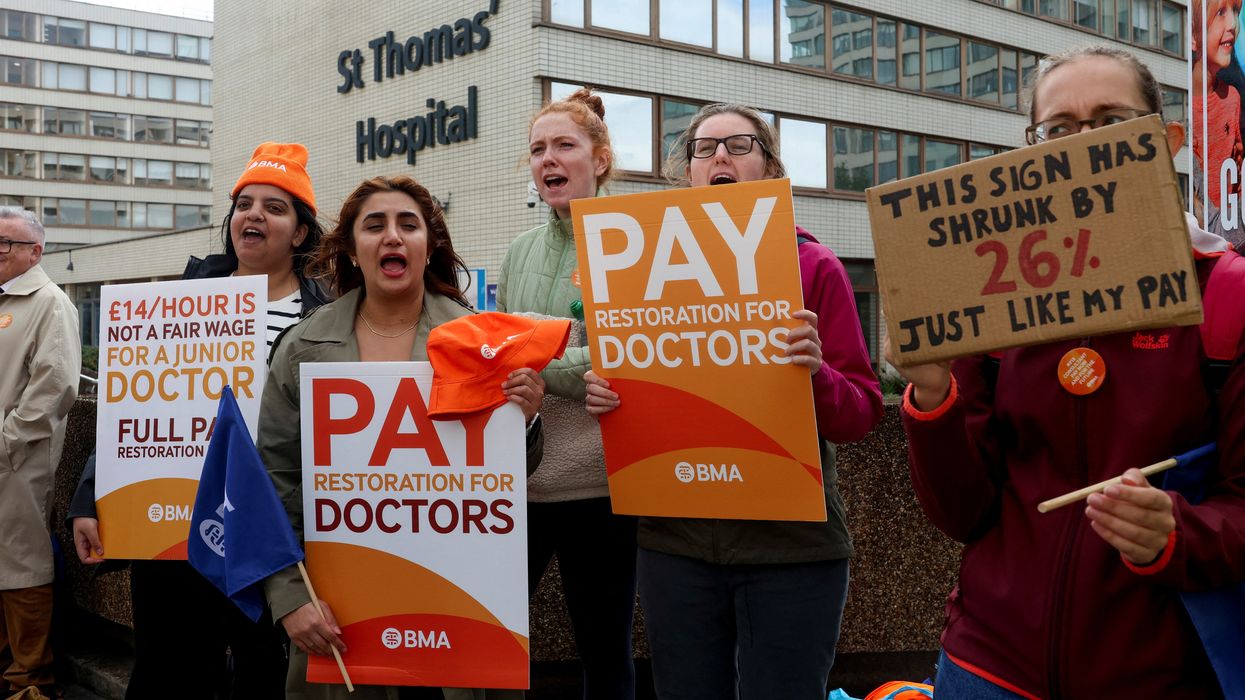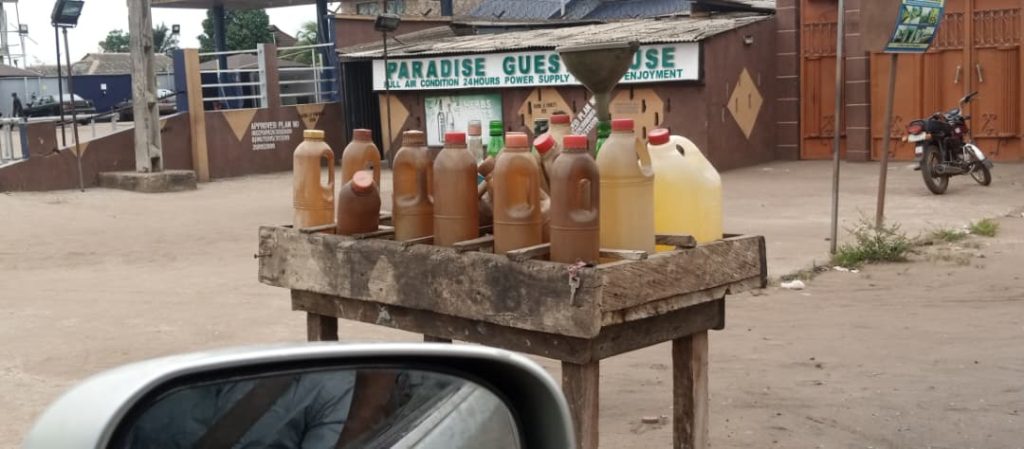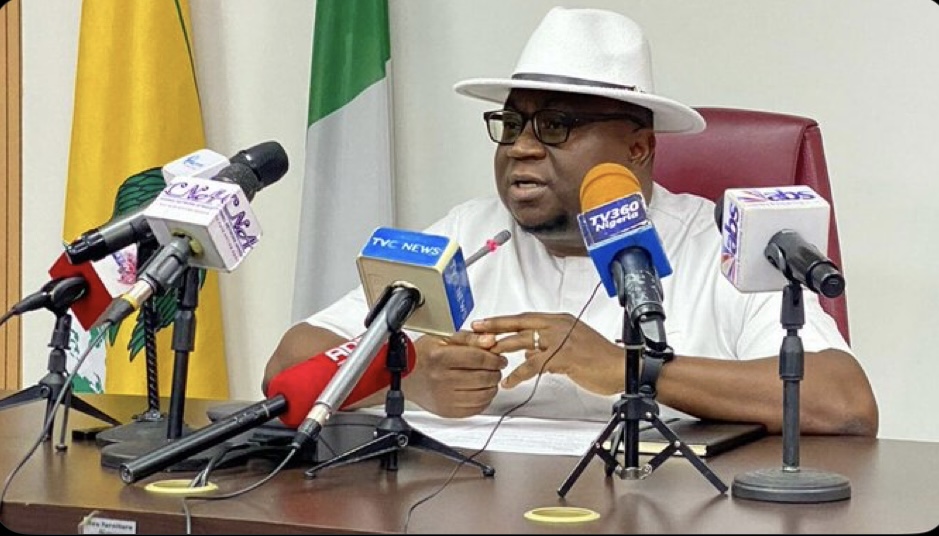UK Junior Doctors Begin Five-Day Strike Defy PM’s Plea

Thousands of junior doctors in the United Kingdom have embarked on a five-day strike in protest over pay and working conditions, despite an appeal from Prime Minister Keir Starmer urging them to reconsider the action.
The walkout, which began on Friday, is being led by the British Medical Association (BMA), which has called for a full restoration of junior doctors’ pay to 2008 levels. Protesters gathered at major hospitals, including University College Hospital in London, holding placards that read: “£14/hour is not a fair wage for a junior doctor” and “Full pay restoration now.”
Junior doctors who are fully qualified medical professionals in training roles, equivalent to resident doctors or early-career physicians in other countries have long argued that their real-term pay has fallen by over 25% since 2008, according to the BMA. A recent report from the Nuffield Trust suggests the decline ranges between 4% and 10%, depending on methodology raising public debate over the scale of the issue.
In response to the strike, Prime Minister Starmer stated that while the government respects the right to protest, the timing and scale of the action could severely disrupt patient care. Health Secretary Wes Streeting echoed this sentiment, describing the strike as “unreasonable and unaffordable” given the financial state of the National Health Service (NHS).
Earlier in the year, the government had offered junior doctors a pay increase of between 22% and 28.9%, depending on experience level. The BMA rejected this, stating that the offer still fell short of achieving “full pay restoration.”
This latest strike is one of the longest in NHS history and comes at a time when the health service is grappling with record waiting lists and increased demand. NHS England has warned of significant disruptions to services, particularly non-urgent appointments and elective procedures.
Public support for the doctors’ strike appears to be waning. A recent poll showed that only 34% of Britons support the industrial action, while 52% are opposed.
Despite the public and political pressure, the BMA has not ruled out further strikes if negotiations remain stalled. No new talks have been scheduled as of Friday.
The strike is expected to last through Tuesday, July 30, with hospitals operating under emergency-only staffing in many areas.








